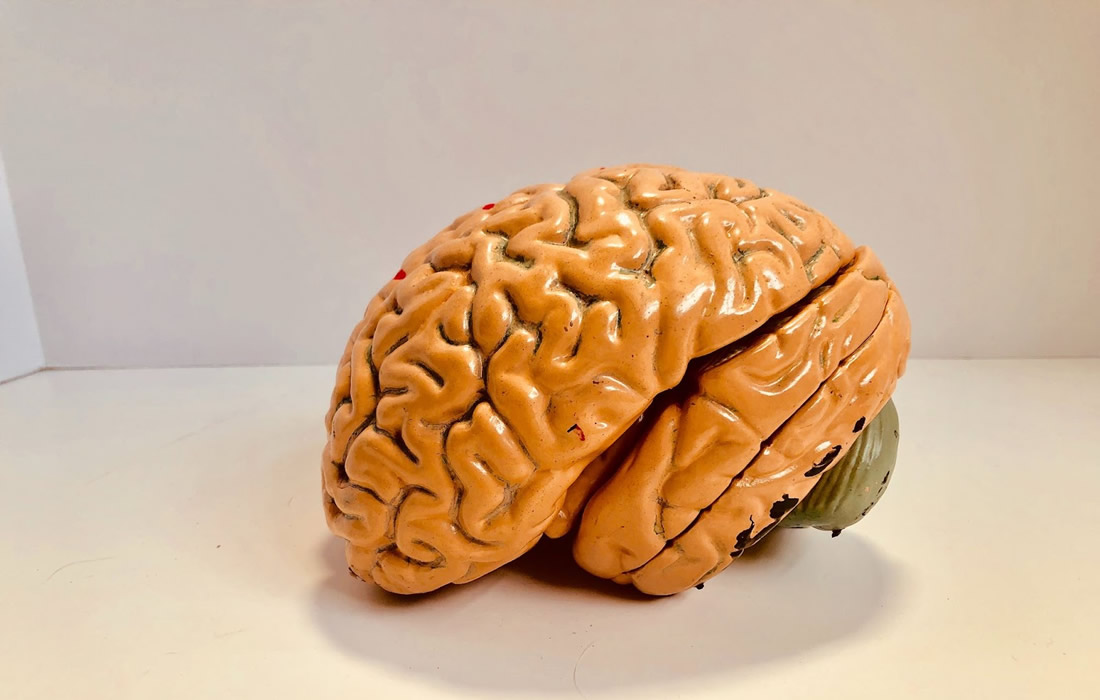Immunotherapies for cancer aim to induce the immune system to combat cancer cells more effectively. In the journal Angewandte Chemie, a Chinese research team has now described a new, modular strategy for T-cell-based immunotherapy that manages to work without complex genetic modifications. Modulation of cell-cell communications through an ingenious regulatory circuit using various small, specially […]
Monthly Archives: August 2023
A team of University of Minnesota Medical School researchers successfully tested a new antifungal therapy to treat fungal meningitis. The trial results were published in the peer-reviewed journal Clinical Infectious Diseases. The research team tested a new oral formulation of the antifungal medication amphotericin among people who had HIV and cryptococcal meningitis — a common […]
Traumatic brain injury is a significant cause of death worldwide and can cause long-lasting cognitive impairment and dementia in people who survive. While inflammation in other parts of the body can be addressed therapeutically, in the brain it is problematic due to the presence of the blood-brain barrier, which prevents common anti-inflammatory molecules from getting […]
As part of a larger study, researchers asked parents of 134 kids with ADHD symptoms to complete a detailed questionnaire about the typical foods the children ate, including portion sizes, over a 90-day period. Another questionnaire asked parents to rate symptoms of inattention in their kids, such as having trouble staying focused, not following instructions, […]
A first-in-human trial of deep brain stimulation (DBS) for post-stroke rehabilitation patients by Cleveland Clinic researchers has shown that using DBS to target the dentate nucleus — which regulates fine-control of voluntary movements, cognition, language, and sensory functions in the brain — is safe and feasible. The EDEN trial (Electrical Stimulation of the Dentate Nucleus […]
Previous research has shown that the majority of those who undergo surgery regain weight within five years of a gastric bypass operation. It has still not been established what happens to the metabolism of those who have had a bariatric procedure. In a new study the researchers studied the metabolism of overweight individuals before and […]
Organoids have now been created from stem cells to secrete the proteins that form dental enamel, the substance that protects teeth from damage and decay. A multi-disciplinary team of scientists from the University of Washington in Seattle led this effort. Enamel is made during tooth formation by specialized cells called ameloblasts. When tooth formation is […]
ALS is a devastating neurodegenerative disease in which the upper and lower motor neurons in the brain and spinal cord dysfunction and die. It results in the loss of voluntary muscle movement, which leads to paralysis and eventual death. Northwestern Medicine scientists have discovered for the first time how a mutated gene disrupts the function […]
The gut-first theory of Parkinson’s, originally proposed 20 years ago, started to intrigue Sulzer after his own research pointed toward the role of an autoimmune response in Parkinson’s. In Parkinson’s, a protein called alpha-synuclein becomes misfolded, accumulates inside neurons, and slowly poisons the cells. Sulzer’s lab in collaboration with immunologists at the La Jolla Institute […]
Obesity leads to altered energy metabolism and reduced insulin sensitivity of cells. The so-called “anti-obesity drugs” are increasingly used to treat obesity and have caused tremendous interest, especially in the USA. Researchers at the Max Planck Institute for Metabolism Reseat reduced insulin sensitivity affects learning of sensory associations. A single dose of the anti-obesity drug […]










